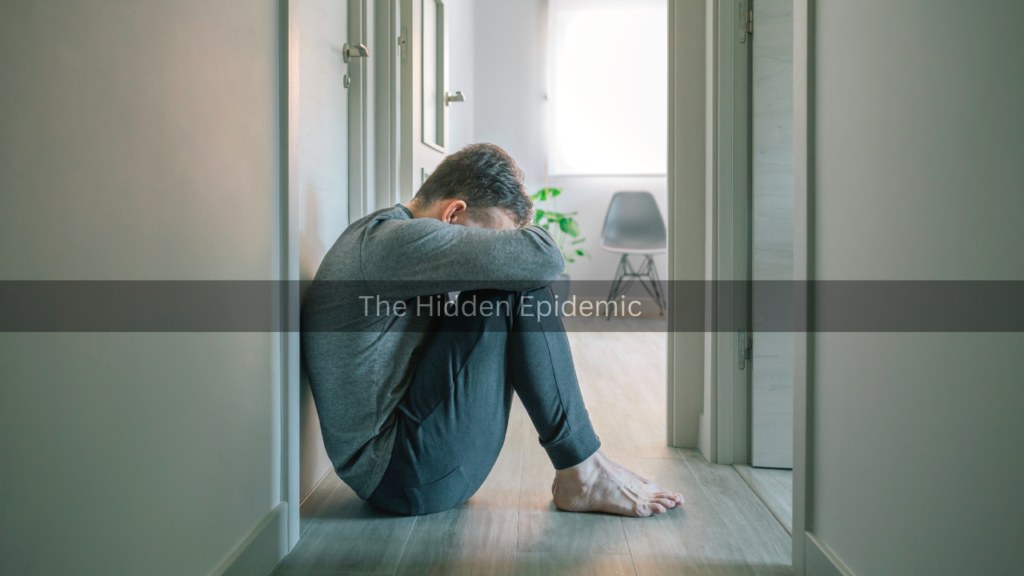Substance abuse is a global crisis, impacting millions of lives and exerting profound social, economic, and health-related consequences. While addiction starts as an individual issue, its effects ripple outward, influencing families, communities, and entire nations. Understanding the scope of this crisis and the pathways to recovery is essential for mitigating its widespread impact.
The Scope of the Crisis
Substance abuse is a pervasive problem that affects people across all demographics, cultures, and socioeconomic backgrounds. According to the World Health Organization (WHO), millions of people worldwide suffer from substance use disorders, with opioids, alcohol, and stimulants being the most commonly abused substances. The accessibility of illicit drugs and the normalization of alcohol consumption in certain cultures further exacerbate the problem.
The crisis is compounded by its connection to other global issues. Poverty, mental health disorders, and lack of education often intersect with substance abuse, creating a vicious cycle that is difficult to break. War, displacement, and social unrest also contribute to higher rates of addiction as individuals turn to substances to cope with trauma and instability.
Health Consequences
The health implications of substance abuse are severe and often life-threatening. Addiction can lead to chronic diseases such as liver damage, cardiovascular problems, and respiratory issues. Injecting drugs increases the risk of bloodborne infections, including HIV and hepatitis. Beyond physical health, substance abuse takes a significant toll on mental well-being, often leading to depression, anxiety, and suicidal ideation.
The strain on healthcare systems is immense. Emergency rooms are inundated with overdose cases, and long-term care facilities struggle to manage patients with chronic conditions related to substance abuse. The economic cost of treating addiction-related health issues runs into billions of dollars annually, diverting resources from other pressing healthcare needs.
Social and Economic Impacts
Substance abuse disrupts families, destroys communities, and undermines economic stability. Families often bear the brunt of addiction’s effects, facing emotional turmoil, financial strain, and fractured relationships. Children in households affected by substance abuse are at a higher risk of neglect, abuse, and developing behavioral or emotional disorders.
Communities with high rates of addiction often experience increased crime, homelessness, and unemployment. The economic burden extends to lost productivity, law enforcement expenses, and social services. In some regions, the illicit drug trade fuels organized crime and corruption, destabilizing governments and societies.
Recovery and Solutions
Addressing the global impact of substance abuse requires a comprehensive and multi-faceted approach. Prevention is the first step, involving education campaigns to raise awareness about the dangers of addiction. Schools, workplaces, and community organizations play a crucial role in promoting healthy lifestyles and providing early intervention for at-risk individuals.
Treatment and recovery services must be accessible and affordable. This includes detox programs, counseling, medication-assisted treatment, and support groups. Recovery is not a one-size-fits-all process; personalized approaches that address the unique needs of individuals are critical for success.
Governments and policymakers must also prioritize substance abuse as a public health issue. This involves funding research, supporting harm reduction strategies, and enforcing regulations to curb the availability of harmful substances. International cooperation is vital to combat cross-border drug trafficking and share best practices in addiction treatment and prevention.
Hope for a Healthier Future
The journey from crisis to recovery is challenging, but it is possible. By understanding the global impact of substance abuse and committing to comprehensive solutions, societies can help individuals reclaim their lives and foster stronger, healthier communities. Recovery is not just about overcoming addiction; it is about restoring hope, rebuilding relationships, and creating opportunities for a brighter future.




